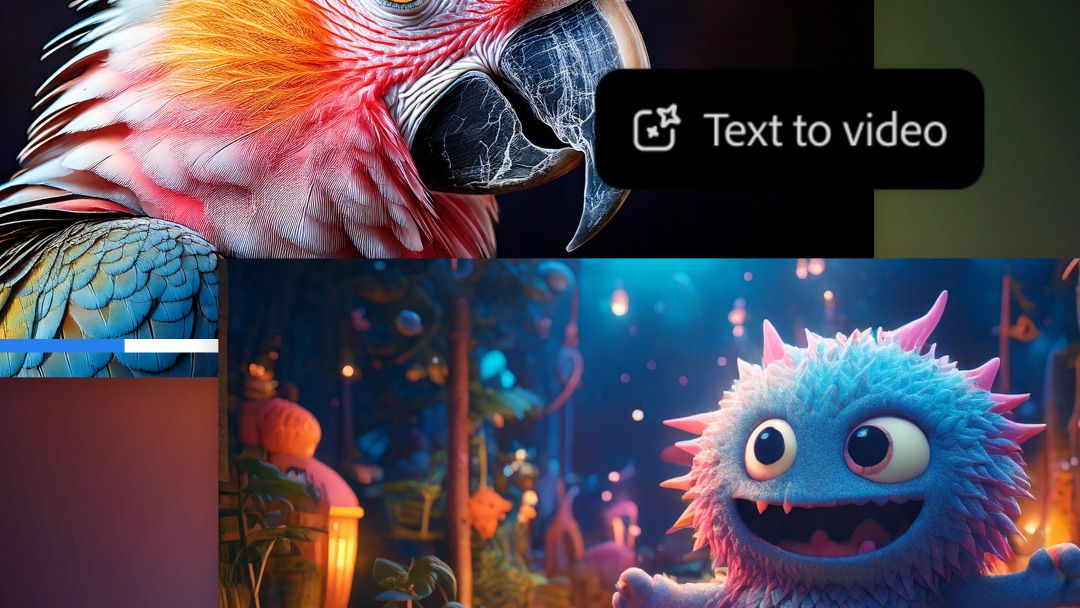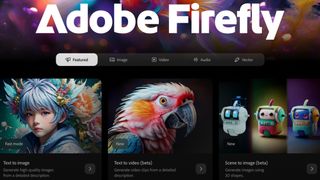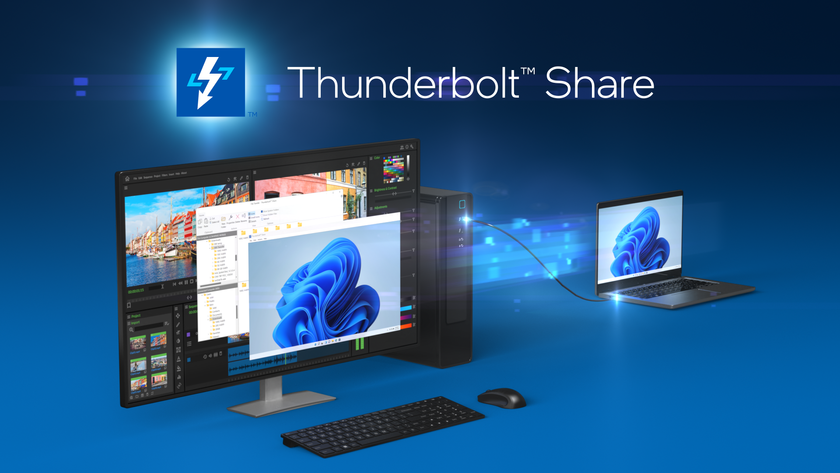Adobe's new Firefly video generator is here and it doesn't steal copyrighted content
Unlike models from OpenAI and Google, Adobe says its Firefly video generator isn't trained using intellectual property

Video and image generators might be buzzy, but they're not exactly "brand-friendly."
While video generators like OpenAI's Sora or Google's Veo are impressive, the content that the models are trained on is not always fair use — that's to say they use intellectual property.
If you're generating images or video at home for fun, that's probably not a big deal, but if you're a commercial outfit looking to use that content for marketing or anything business-related, it could be a copyright disaster waiting to happen.
That's where Adobe wants its new Firefly generator to come in.
Adobe's Firefly video generator is here
This week, Adobe is launching its Firefly video generator in beta which means that anyone looking to test its model out can visit Adobe's web application or give it a whirl with Adobe Premiere Pro's Generative Extend.
I haven't had a chance to test Adobe's new video generator myself, but its use cases appear to be fairly expansive. According to Adobe, Firefly can generate videos from text prompts, be used to extend b-roll, add atmosphere, and is even smart enough to understand granular commands about camera angles, shots, and subject framing.
What really separates Adobe from the rest of the pack of video generators, however, isn't necessarily its feature set, it's the data on which the model is trained.
Stay in the know with Laptop Mag
Get our in-depth reviews, helpful tips, great deals, and the biggest news stories delivered to your inbox.
According to Adobe, Firefly is "only trained on content that Adobe has permission to use." That includes content that's licensed by the company in Adobe Stock and also content in the public domain. Adobe says it never uses Adobe customer content to train its Firefly model.

Conversely, OpenAI, which has its own video generator, Sora, has been furtive about what data the model is trained with. When asked about what content the company uses, OpenAI's CTO Mira Murati seemed to avoid the question.
"I'm not going to go into details of the data that was used," Murati told the Wall Street Journal's Joanna Stern in an interview last year.
For most people, the use of IP in training sets probably isn't a deterrent, but if you're a company looking to use something generated for commercial purposes, things could get tricky. Adobe says it has already successfully courted companies with the promise of IP-free content, including Deloitte, Gatorade, and IBM.
The rollout of Firefly video generator in beta will also usher in a couple of new features. According to Adobe, users will also be able to translate videos and audio files across languages to create "personalized, natural-looking content."
Outputs are designed to match voice, tone, and cadence and theoretically help creators save time with dubbing and audio mixing. The features support translations in over 20 languages according to Adobe.
According to Adobe, the Firefly video generator supports 1080p resolution, though you can render at lower resolutions if you choose, and a high-speed iteration and a 4K model are coming soon.
Marketing meets morality
On one hand, it just makes sense for Adobe to eschew the use of copyrighted content in model training for commercial purposes.
The value proposition here is basically a video generator that you don't have to worry about getting you into legal trouble. And for Adobe, which is the professional standard for many, catering to professionals is just common sense.
But even if it's just a savvy business move, it's also nice to see a model that isn't just blatantly ripping off artists and creators who have little to no recourse in the situation.
Already, AI titans like OpenAI entered the fray with disputes over the use of intellectual property. Famously OpenAI has already made enemies with the New York Times, which has sued the company for copyright infringement. ChatGPT, the lawsuit alleges, was trained using troves of journalistic content from the paper.
Several separate lawsuits on that front are still ongoing, but it's clear that the backlash against chatbots vacuuming up copyrighted content is real, which gives Firefly a unique advantage.
If you're interested in trying Firefly Adobe is currently offering early access pricing, with two plans, Firefly Standard and Firefly Pro.
Both of those give users unlimited access to Firefly imaging and vector features and tiered capacity for new video and audio features.
Firefly Standard gives users 2,000 video/audio credits per month, up to 20 five-second 1080p video generations, starting at $9.99 while Firefly Pro plans enable access to 7,000 video/audio credits per month, up to 70 five-second 1080p video generations, starting at $29.99.

James is Senior News Editor for Laptop Mag. He previously covered technology at Inverse and Input. He's written about everything from AI, to phones, and electric mobility and likes to make unlistenable rock music with GarageBand in his downtime. Outside of work, you can find him roving New York City on a never-ending quest to find the cheapest dive bar.
You must confirm your public display name before commenting
Please logout and then login again, you will then be prompted to enter your display name.


